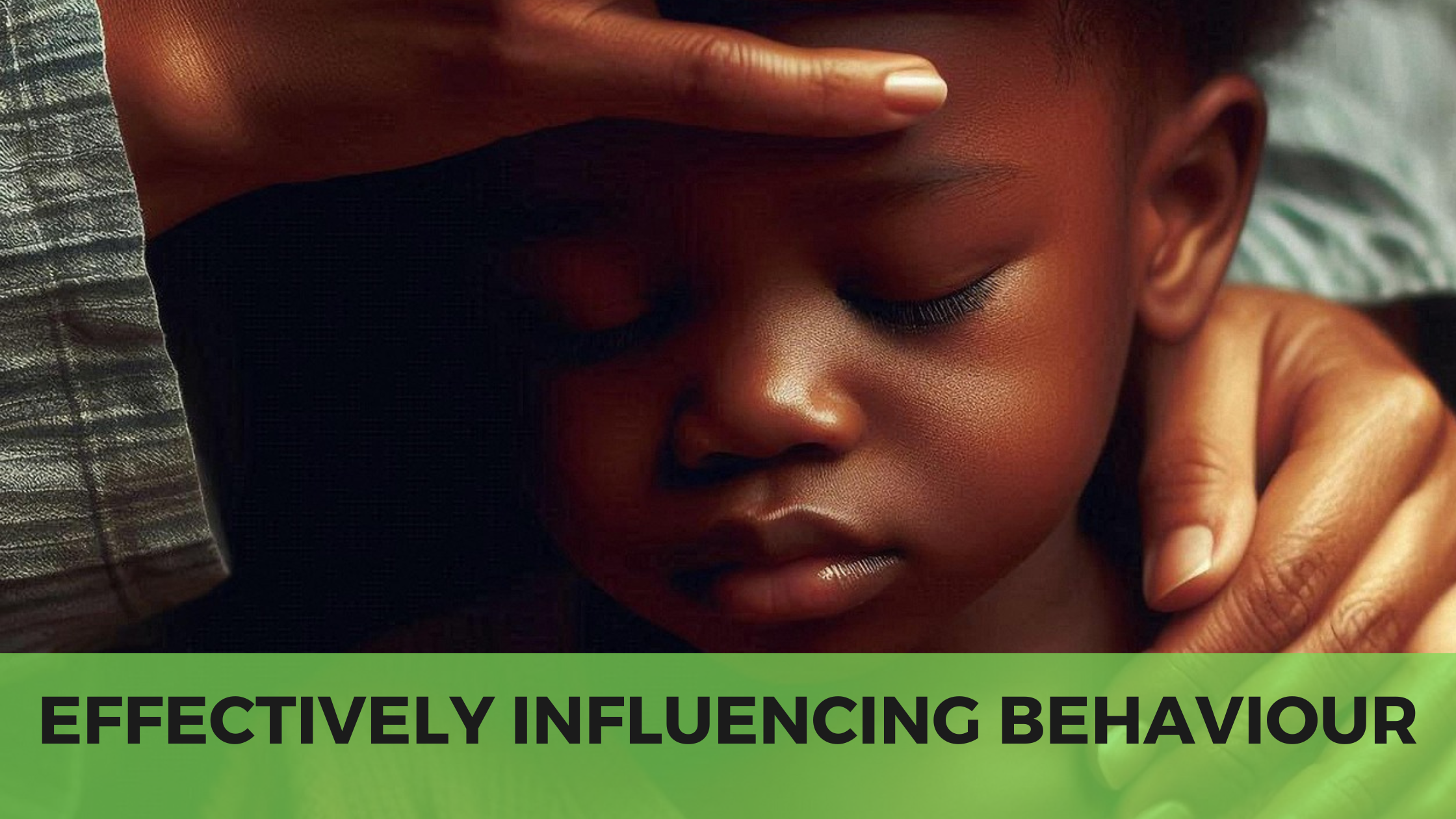“I don’t think she’s coming back to work. She doesn’t pick or return calls”, Peggy (not real name) the Human Resource Manager told me. Marteena (not real name) was hired as a front desk manager at Sharjah Limited. She had the drive of a millionaire and courtesy of an African grandmother. Her skills pool was admirable. She was emotionally intelligent, often taking on extra tasks in the Human Resource Department and Finance.
On a cold Monday morning, she was absent from work without any communication. Attempts to contact her proved futile. Silence loomed in the air. No one knew where she stayed, her next of kin numbers were nonexistent. Marteena had ghosted her bosses.
Grace (not real name) was the perfect girlfriend to Patrick (not real name) She worked with DFCU Bank in Fort portal City while Patrick managed his stationery business in Kampala City. Long distance relationships come with their challenges but this couple’s love and commitment towards each other was a banner that helped them sail through. They found time to visit each other over the weekends, prayed together twice a day not forgetting the random check-up calls during day. If there was a relationship leading to marriage with purity, it was Grace and Patrick.
Two years down the road, it was ninety days to their wedding when Patrick ghosted. He first pretended to b busy at work; avoiding the couple praying time. He didn’t pick phone calls. He rarely returned phone calls saying he was busy. He worked every weekend. Even when Grace came to visit him, she would go and work with him. On a fateful day two weeks before their weeks before their wedding, Patrick flew out of the country ghosting his lover.
I see many Marteenas in the Corporate space, some smart, some not so smart. They come in all shades. I see Patricks- they ghost. Whether you’re aware of it or not ghosting in relationship and at work come because of a little dirty secret. You want to know it? It’s called the absence of candour.
Whether you’re candid or candour resistant, the ghost or the ghostee, the ignorer or the ignored, here are some succinct straight-shooting insights to avoid building up your own dams from streams of bad blood.
Candid conversations are an opportunity to speak your mind and are critical in the maintenance of all relationships. Where there’s no quality time spent in communication, the relationship value decays.
In any disagreement, misunderstanding or conflict there are two primary types of response:
Person A prefers to talk it out now: let’s thrash out a resolution
Person B prefers you to go away, give them space and let them come back to you.
Both are correct. Take the high ground: attempt to give the other party what they need. Doing so may disarm the tensions or fears that lie beneath. They may sound something like this.
Person A: ‘I know you’d prefer some space. So I’ll go away for a while. Please let me know when you’re ready as my brain may be doing loops in the meantime’.
Person B: ‘I know you’d prefer to talk about this. I just need some space. I promise I’ll come back after some time out’ (be sure to follow through).
If you find yourself on the receiving end of silent treatment like Marteena’s bosses there’s no need for anger. Process your own grief and move to a state of acceptance swiftly. It’s okay. You’ll survive. The other party surely has their reasons and until they decide to tell you, try not to give it meaning or judge. I’ve also been flawed in my own communications with others. We all may want to hide in our caves when our vulnerabilities or insecurities are on display for the world to see. Or where the memories of pains and previous experiences feel pressed upon like unhealed wounds. If you must self-reflect, here’s a few possible contenders to find and reclaim your own inner calm:
- You’ve done something to upset them somehow; reflection may help hone in.
- If you know you’ve done something, apologise sincerely then leave them alone. The person has other things going on in life you don’t know about.
- It’s got absolutely nothing to do with you.
- The person has a fear, perhaps of hurt or abandonment, so this is a defence.
- Indifference, life and times change swiftly and connections peter out.
- They are using silence as a form of keeping in control.
- In extremes, it may be a deliberate weapon of control: narcissism.
If you find yourself dishing out the silence again pause and ponder the choices. There may be a healthier course of action. Unless you’re a narcissist or indifferent (in which case, I guess, atomic bombs away!) consider the consequences and possibilities of such choices. Any deliberate avoidance of difficult conversations, like those streams of bad blood, may still build up. It’s your own dam that overflows in torrents or breaks one day:
- If someone has upset you, tell them; they may not know and can’t guess.
- Allow space for an apology, then, if need be, have a clean parting of ways.
- The person has other things going on in life affecting their choices.
- They may be acting out of character.
- It’s got absolutely nothing to do with you but you may want to ask.
- If you have fears, do they have validity; don’t be a prisoner to your past.
- Be mindful not to punish present friends for others’ errors.
- Silent treatment as a weapon can be no better than physical assault.
Ostracism — the silent treatment — and a lack of candid conversation have been shown in research to impact neural pathways in the victim in a similar sequence as that triggered by physical pain. Put another way, to deliberately and consciously ostracise or ignore people is no better than physically assaulting them. Silent treatment can be a nastier weapon. While cricket-bat cuts heal, a lack of candour may leave invisible scars.
An African tribe, the Babemba, carry out candour in an interesting way. When someone in the tribe acts irresponsibly or unjustly, they are placed in the centre of a circle. The rest of the village gathers around and each tribe member address the accused, one at a time, only recalling and reminding them of the good deeds and behaviours they had previously conducted in their lifetime. The candid focus is to instill the positive attributes.
Candour and the counterbalance of appropriate silence are traits that work powerfully with the dichotomic choices. They can be like a super heroic weapon for good or used like a prison punishment sending people into dark despair. Candour can be delivered without malice.
The famous writer Mark Twain helps us understand the value of candour in a simpler life: ‘If you tell the truth you don’t have to try and remember anything’.
The Dalai Lama echoes the power of cadour, ‘In our struggle for freedom, truth is the only weapon we possess’.Candour is a compliment; it implies equality. It’s how true friends talk’.
Ghosting is painful for both parties, avoid it by learning how to exercise candour.








